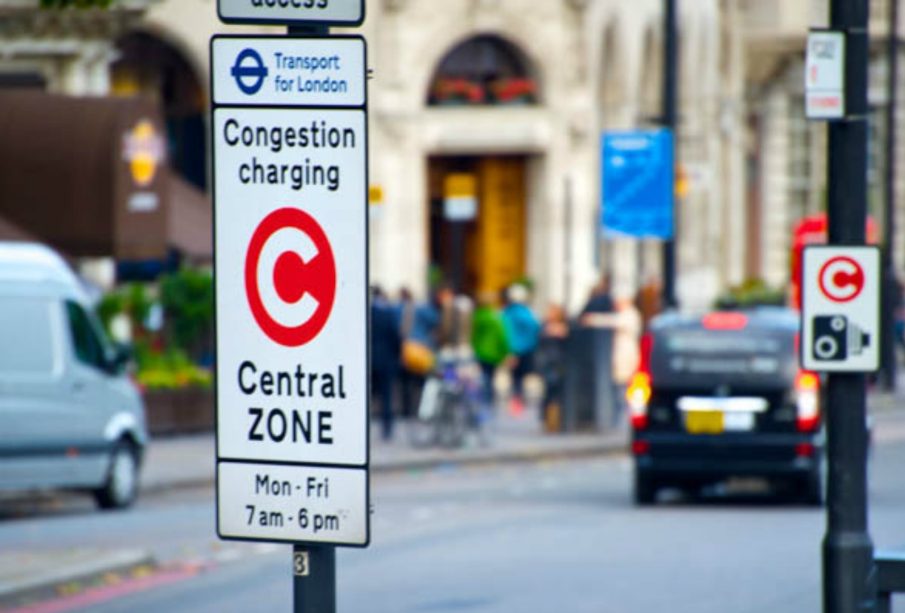The Importance of the Congestion Charge in Modern Cities

Introduction
The congestion charge, an area-based pricing scheme designed to manage traffic in urban centres, has become a pivotal topic in discussions surrounding urban mobility, environmental sustainability, and public transport efficiency. As cities grapple with increasing traffic and pollution, understanding the dynamics of congestion charges is more important than ever for residents and policymakers alike.
What is the Congestion Charge?
The congestion charge is a fee imposed on vehicles entering specific traffic zones during peak hours. It is intended to reduce vehicular traffic, lower emissions, and encourage the use of public transport. First implemented in London in 2003, the scheme has seen success in not only cutting congestion but also generating funds for public transportation improvements.
Recent Developments
In recent months, there have been significant discussions in various cities regarding the expansion or introduction of congestion charge schemes. For instance, London has proposed alterations to its congestion charge, which includes an expansion of its operational hours and potential adjustments to fee structures, reflecting the city’s ongoing efforts to adapt to changing traffic patterns and climate goals.
Furthermore, cities like Manchester are actively exploring their own versions of congestion charging. Discussions centre around the potential benefits of reducing traffic congestion and enhancing air quality, especially amid rising concerns about urban pollution.
Public Reactions and Challenges
While proponents of congestion charging argue that it is an effective tool for improving air quality and reducing traffic, public reception has varied. Some residents are concerned about the financial burden of additional fees, while businesses worry about potential declines in customer traffic. Thus, successful implementation often hinges on a transparent dialogue between city planners and the community.
Conclusion
As urbanisation continues to grow, the role of congestion charges in shaping the future of urban transport systems becomes increasingly significant. Cities around the globe are observing London’s model, indicating a shift towards smarter, more sustainable cities. For residents, understanding the implications of these charges is crucial, as they could directly impact daily commuting patterns and the wider urban landscape. In the coming years, we can expect more cities to enact congestion charges as part of their comprehensive strategies to combat traffic congestion and environmental degradation.








